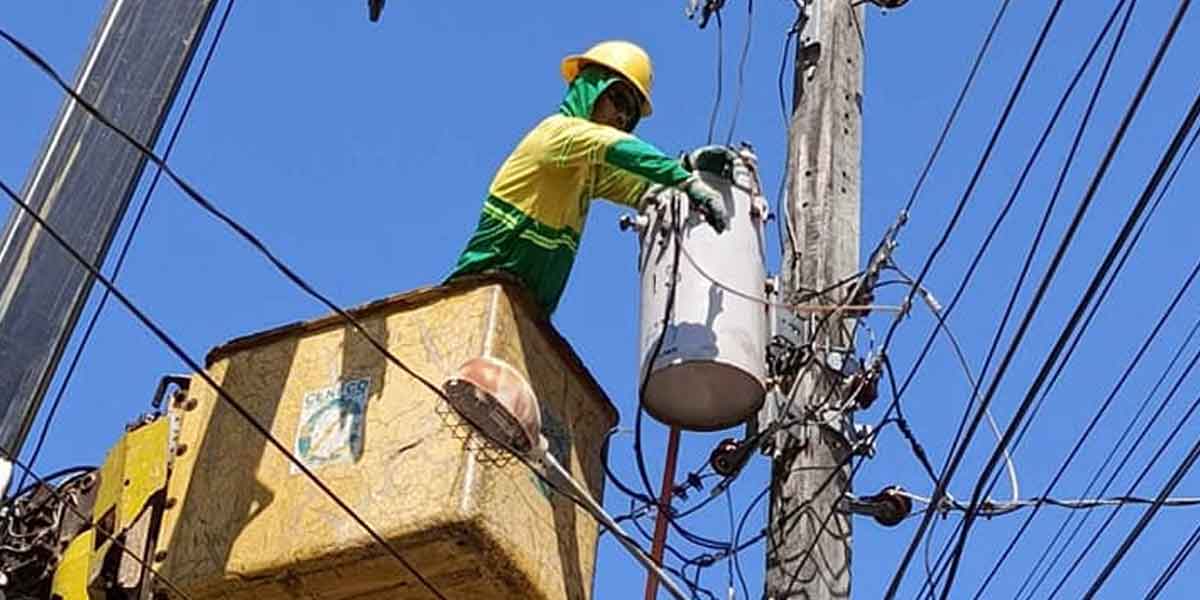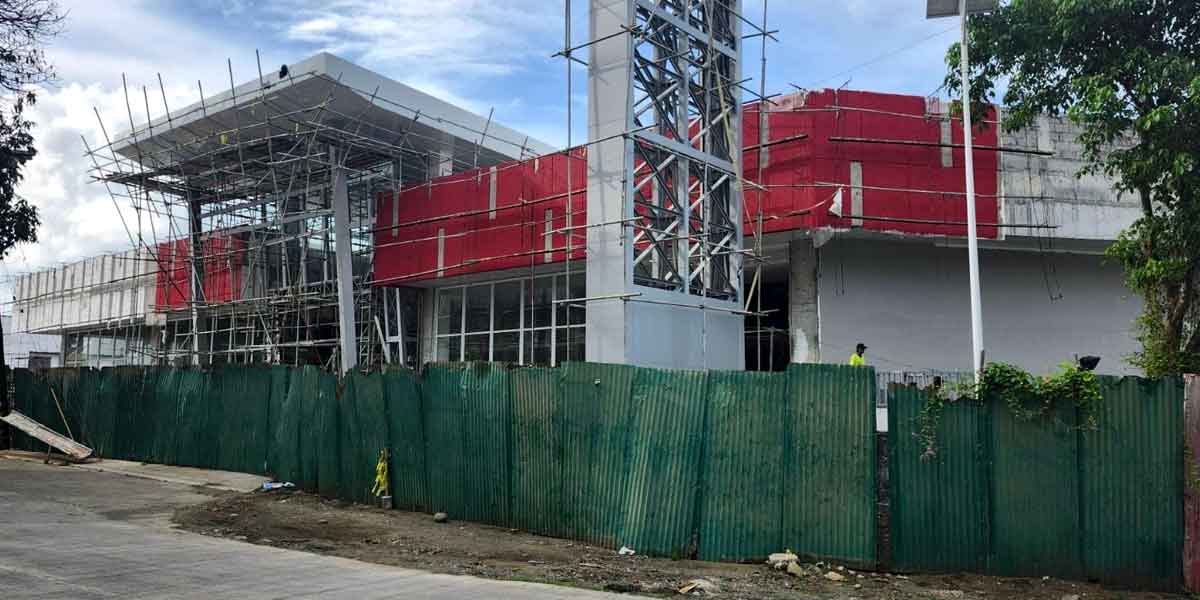By Herbert Vego
I HAVE been wondering why, almost two years into the coronavirus (Covid-19) pandemic, the Food and Drug Administration (FDA) of the United States and its local counterpart have approved no medicine for the disease.
They say that two multinational drug giants – Pfizer and Merck – have developed their respective versions of a medicine that would cure Covid-19 patients with no need for hospitalization.
Had they developed those drugs earlier, there would have been no need to vaccinate billions of people worldwide. But that would mean lesser income for the Big Pharma. Right?
I would not answer that question, leaving it to everyone to form his own conclusion.
In fairness to Merck, this was the drug manufacturer that refused to develop an “instant” anti-Covid vaccine, believing it was impossible to produce an effective vaccine in one year.
Merck’s chief operating officer, when interviewed by Fortune 500’s Tsedal Neely in June 2020, had this to say: “I think when people tell the public that there’s going to be a vaccine by the end of 2020, they do a grave disservice to the public.”
Merck tried to develop its own vaccine but gave up in January this year because of “inadequate immune responses to the shots” during clinical studies.
Now we hear from no less than our Department of Health (DOH) that booster shots are necessary because the vaccines decline in effectiveness after six months.
Time might come when we have to be “boosted” every six months.
In a past column, I wrote about my own experience as an unvaccinated Covid-19 patient at a private hospital. My doctors prescribed medicines, but not after I had signed a waiver absolving them of culpability in case of any untoward incident or death.
The medicines they gave me had not been approved by the FDA, they said to explain the waiver, but I got fully well.
I could have died without that “gamble”.
If the unapproved medicines have no value, why do its takers get extra life?
On the other hand, there are FDA-approved medicines – including the controversial Dengvaxia — that have turned out ineffective against dengue.
Talking of dengue, there are patients who impute their recovery from drinking boiled tawatawa leaves.
“I cannot recommend that,” a local doctor once said on cable TV. “No study proving its capacity to replenish blood platelets in dengue patients has been done.”
Already, however, the Philippine Council for Health Research and Development (PCHRD) has prevailed upon the FDA to approve a brand of tawatawa capsule – a decoction of tawatawa leaves — as “herbal supplement” for dengue.
Let us give credit to a local drugmaker for formulating a cough syrup out of lagundi leaves. Otherwise, the DFA never have considered it as herbal medicine.
Malunggay in capsule form, reputedly anti-diabetes, has remained just a “food supplement” because it has not passed through FDA’s “due process.”
There are doctors though who recommend raw herbal products – such as garlic, ampalaya and guava leaves – for hypertension, iron deficiency and wound healing, respectively is Dr. Jaime Galvez Tan, who used to be Secretary of Health.
In his lectures, Dr. Galvez Tan often quotes the Greek father of medicine, Hippocrates (460-357 BC): “Let your food be your medicine.”
Today, we all know that vegetables and fruits strengthen the body’s built-in immune system, giving it the capacity to fight disease-causing bacteria and viruses.
-oOo-
WHY ARE ELECTRIC METERS ABOVE EYE LEVEL?
A cousin of mine from Mandurriao, Iloilo City expressed disappointment over the elevation of his electric meter, which is located much higher than eye level. He alleged that only residents with “telescopic” eyes could check the numbers for accuracy, and that he had crossed harsh words with a lineman over the matter.
Sensing the legitimacy of his complaint, I thought of calling Ms Maricel Pe, head of the Customer Care Department of MORE Power, for an explanation.
“Our electric meters are fastened on poles at an elevation of 10 feet above ground in accordance with the Magna Carta for Residential Electricity Consumers,” she answered. “It is aimed at protecting the customers against pilferers and against powerful typhoons that could cause floods.”
She added that meter readers are equipped with stick cameras that allow them to read meters accurately.
An area is considered a pilferage-prone area if, over a 3-month period, the average recorded losses exceed the allowable system loss cap.
I understand that the Energy Regulatory Commission (ERC) has proposed new rules for the installation of elevated residential electric meters to ensure the highest level of compliance with safety standards and adequate protection of the consumers’ interests.
To appease customers who are supposedly always right, this writer intends to interview no less than MORE Power’s President Roel Z. Castro on our Sunday radio program, “Tribuna sang Banwa” on Aksyon Radyo.





















